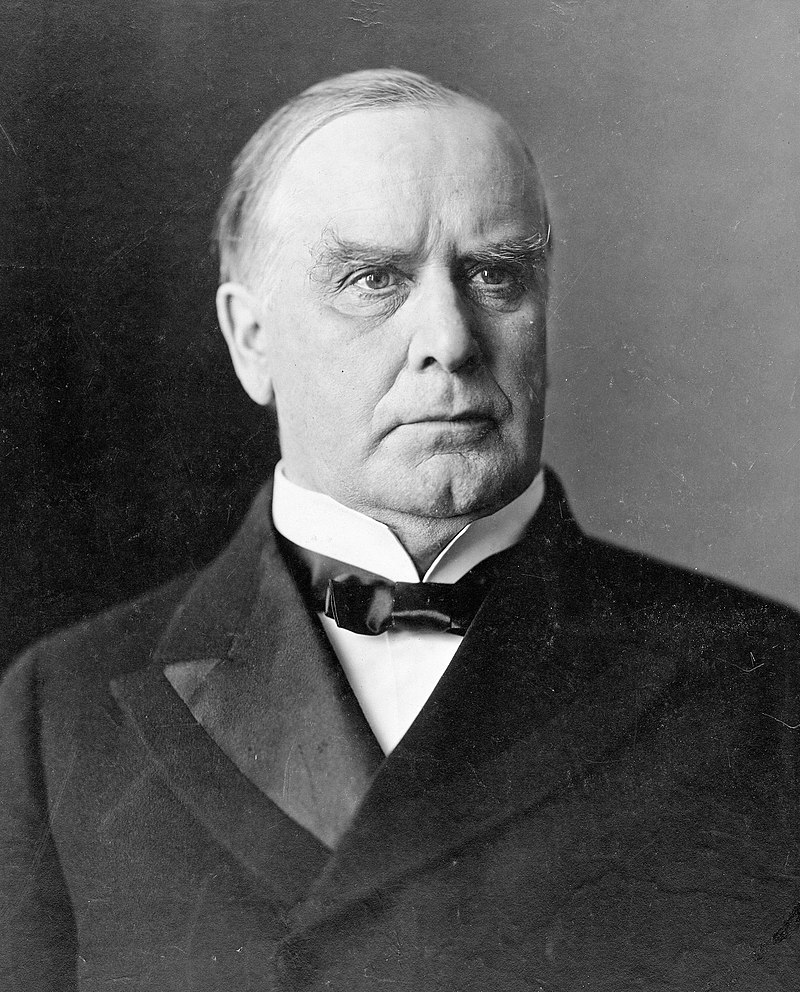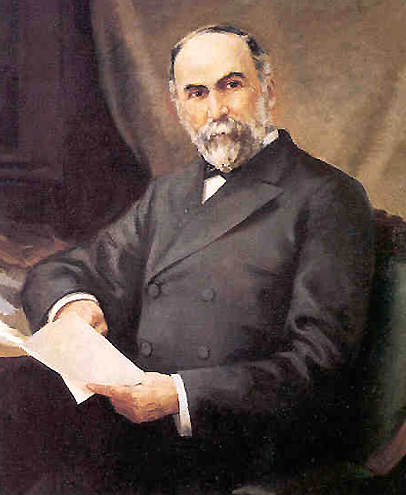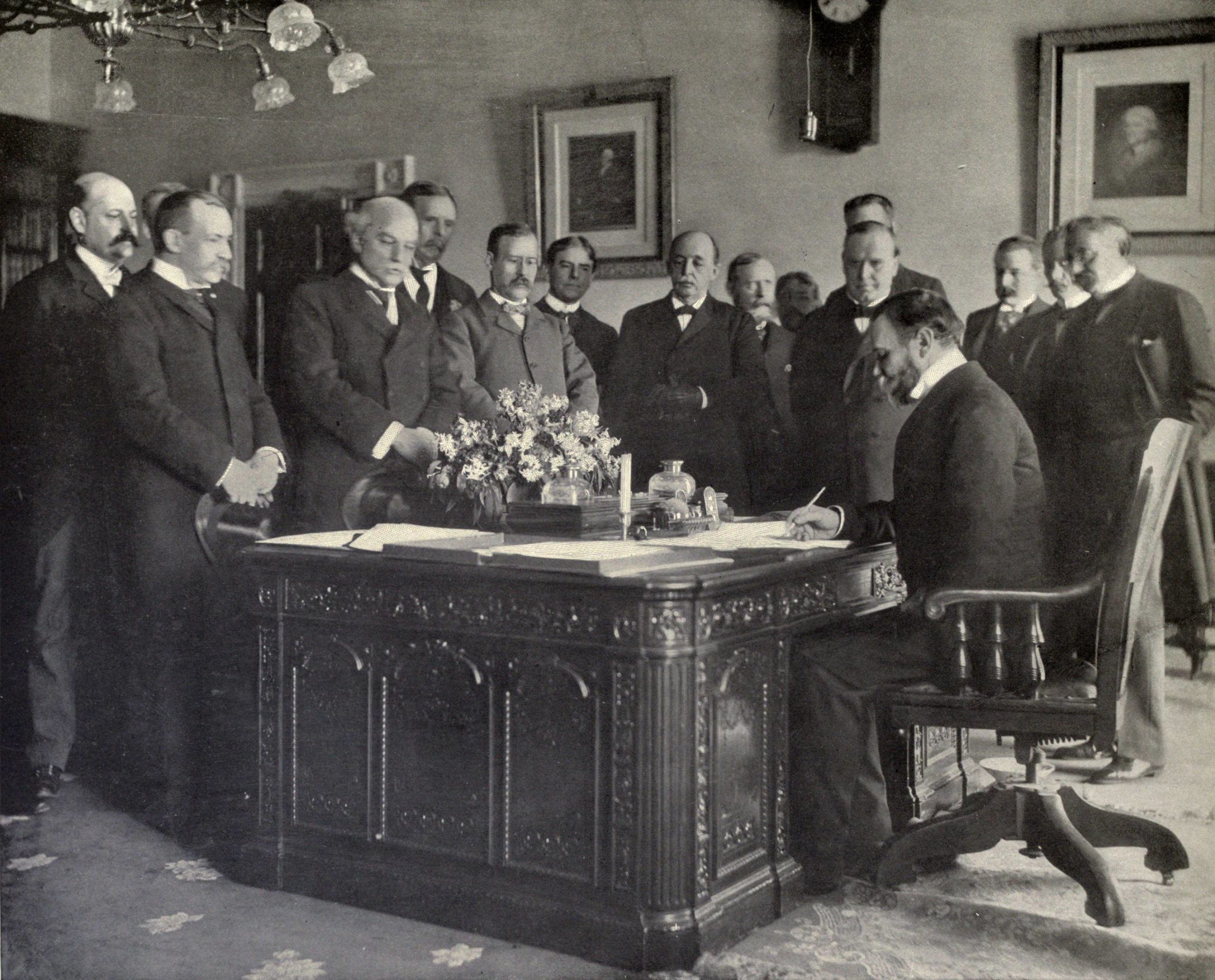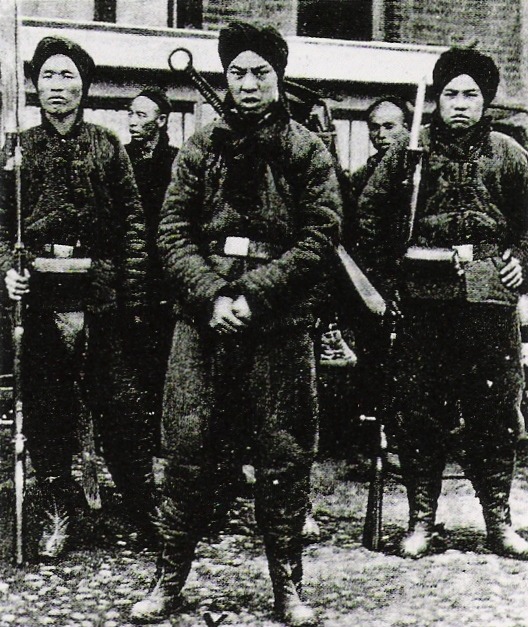Tariff Reforms
Following the promises he made on his campaign, William Mckinley invited the Congress for a special session to amend and increase the tariff. The United States earned around $160 million for custom duties in 1896, composing the biggest chunk of the government’s revenue. Other internal revenues were stamp taxes bringing in $260,000, tobacco taxes contributing $30.7 million, while alcohol taxes came close at $145 million.
McKinley pursued moving the tariff income upward to decrease internal taxes and to encourage the growth of the domestic industry and further increase the employment of Americans workers in the country. With that, the Dingley Tariff Act was created and increased the rates to an average of 49 percent. The bill, which was sponsored by Congressman Nelson R. Dingley of the Republican Party, also authorized and empowered the President to designate certain products to a free list, remove them based on negotiations, and get reduction deals up to 20 percent.
Nelson Dingley, sponsor of the Dingley Tariff Act
McKinley, however, shifted gears about his trade policy. Just a day before his assassination, he declared his approval of reciprocal treaties in trading, shattering hopes that he will be a pure protectionist and supporter of tariffs throughout his presidency.
Regulation in Trusts
With the abundance of monopolies, McKinley, however, did little when it comes to bad trusts. He believed that massive consolidations within the industry were needed for foreign competition. But, he also aimed to ensure that the interest of the public would still be secured. With that, the McKinley administration asked for the Supreme Court’s opinion in filing antitrust cases to those corporations who garnered monopoly in interstate trade. In 1899, McKinley talked about improving the Sherman Antitrust Act of 1890 in his annual speech but didn’t announce any new legislation. It was Theodore Roosevelt, his successor, who’ve done massively and become renowned for busting bad trusts.
Labor Conditions
With this support for the Dingley Tariff Act, McKinley gained much popularity with the labor sector. Furthermore, he also appointed several labor leaders to positions in the government, earning the trust of different labor groups.
In 1898, McKinley’s also endorsed the Erdman Act, which devised a system for fixing wage issue on interstate railroads and announced his support for the exclusion of labor leaders backing up Chinese workers. Moreover, friendly meetings were regularly held with the American Federation of Labor president Samuel Gompers.
One incident, however, made the labor sector upset. It was McKinley’s decision to use federal troops to instill order amid a strike of mine workers that happened in Coeur d’Alene, Idaho. But, with all the past efforts of McKinley and patriotism of the workers, it was ample enough to stain the organized labor’s view of the President fully.
Paris Peace Treaty
John Hay signs Treaty of Paris
On the 10th day of December in 1898, the Paris Treaty was signed, giving the United States the power over Guam, Puerto Rico, and the Philippine Islands. Spain then also gave up its claim to Cuba, which was held under American military occupation until 1902 and become under U.S. protection until 1934. It took almost two months for Congress to pass the treaty, but eventually so, gaining two-third of the vote on the 6th day of February in 1899.
Amid the intense protests and debates of congressional members, McKinley emerged victoriously and was able to pursue the treaty’s approval. It convinced Congress to allocate funds to strengthen and build the American empire winning the Spanish-American war. Through his immense political influence on the results of these critical decisions, McKinley became the Republican Party’s undisputed leader, and under this term, the United States proved to be one of the globe’s strongest colonial powers.
Open Door Policy
American economic prospects in Asia did not center on the Philippines alone. William McKinley regarded China as a significant foreign policy concern, especially Germany, France, Russia, Japan, and Great Britain, also starting to build their own influence in the big Asian nation.
With fears that the Japanese and Europeans might ban ports in China for U.S. commerce, McKinley gave power to John Hay, the U.S. Secretary of State, to write an ‘Open Door’ note to China. The action proved American interest to bring every nation in equal stature with China, without any unfair restrictions or tariffs. Moreover, the circular announced the United States support for a free and independent China. The said policy proved to be one of the most significant policies ever created by the State Department of the United States.
However, in June 1900, some Chinese nationalists who were against international intrusions to their country massacred several Western missionaries and Chinese people who converted to Christianity. Famously called the ‘Boxers,’ the said group also held hostage of foreign diplomats in Peking, China.
Boxer Soldiers
Knowing what has transpired, McKinley sent 2,500 U.S. troops to China, even without the approval of the House. The force also included gunboats in support of the expeditionary force composed of German, Russian, Japanese, and British soldiers to free the foreign diplomats.
U.S. Secretary of State John Hay sent another ‘Open Door’ circular in the middle of the Boxers siege and warned all other partners that the assistance was only aimed to free the diplomats and never to bring China under any nation’s control. The combined forces were able to put down the rebellion in August 1900. China paid an indemnity of over $300 million, with $25 million going to the United States.
Final Words
With all those achievements, William McKinley became of the most beloved presidents of the United Staes, even by those who oppose his political stands. His legacy will remain as the man who transformed the United States into a world powerhouse.
US Presidents | ||




